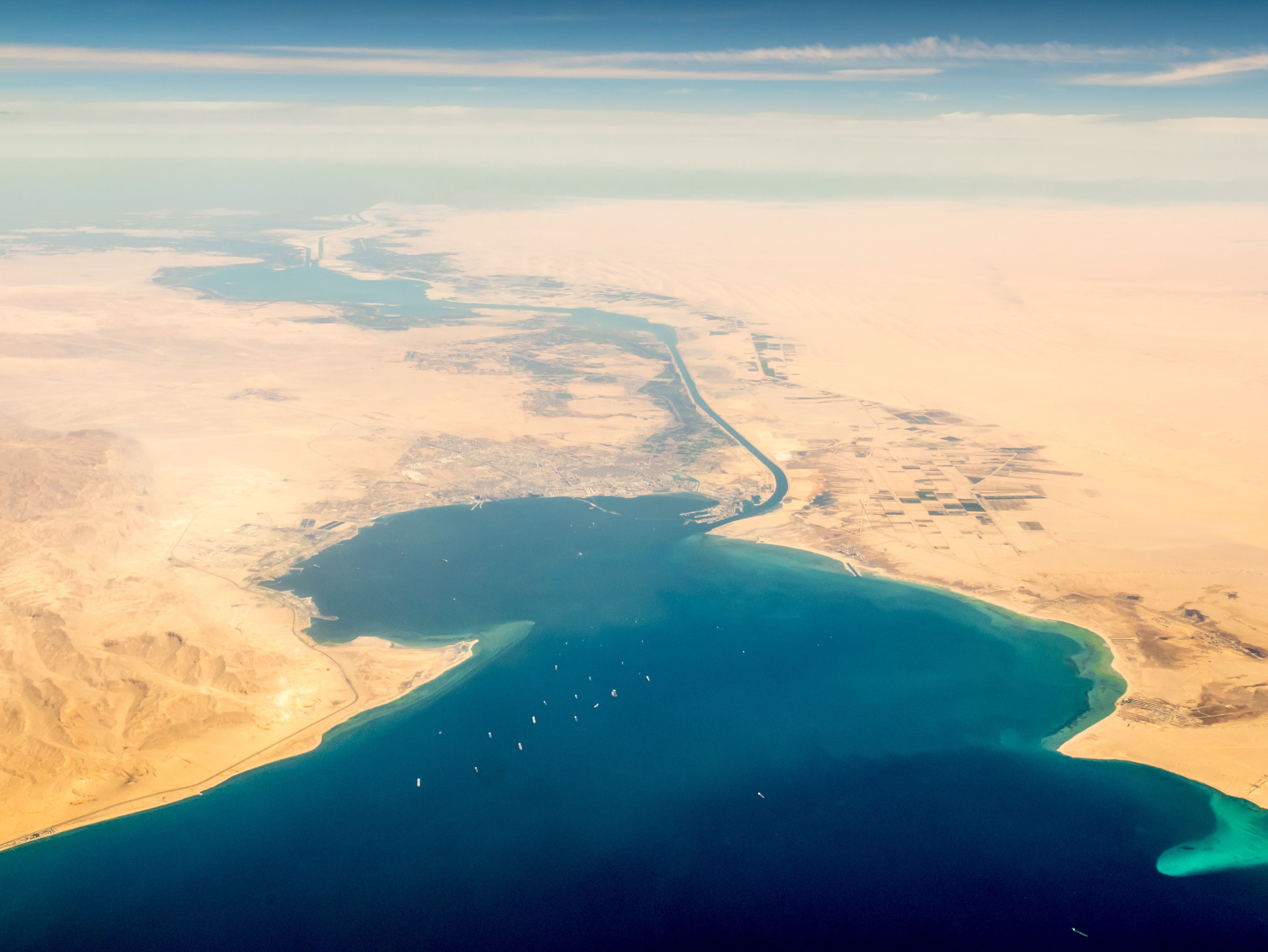
Houthi rebels have launched their largest attack on commercial shipping, with a combined attack of missiles and drones.
According to a statement from US Central Command, yesterday (9 January) Houthi rebels “launched a complex attack of Iranian designed one-way attack UAVs (OWA UAVs), anti-ship cruise missiles, and an anti-ship ballistic missile from Houthi-controlled areas of Yemen into the Southern Red Sea, towards international shipping lanes where dozens of merchant vessels were transiting.”
UK and US naval forces shot down the drones and missiles, and there were no reported casualties.
Several ships reportedly diverted away from the Red Sea after news of the attack broke.
Despite the success of the defence effort, the cost of shipping has continued to rise, as vessels are diverted from the Red Sea and Suez Canal to the Cape of Good Hope, adding extra time and costs to the shipping journey.
Operation prosperity Guardian
The multi-national effort to build a coalition to protect commercial shipping has had a slow uptake so far, although there has been a gradual increase in international commitment to the operation.
Greece, Sri Lanka and the UK reportedly deployed naval vessels to help safeguard shipping through the Red Sea. Singapore’s’ defence minister Ng Eng Hen recently said that his country will send specialists, including planners and engagement specialists, to the mission.
India and Pakistan have also sent vessels, but these won’t be part of the coalition and will instead operate independently.
Framing of attacks
Senior research fellow for Middle East security at the Royal United Services Institute, Tobias Borck, told The Loadstar that the issue was not the mission itself.
Borck said:
“Fundamentally, this issue affects every nation as it concerns the flow of global trade all over the world, so there is strong support for it.”
“What’s at issue is the framing of the Houthis, and the way they are seeking to frame it. On one side, [they] are compared to Somali pirates – armed non-state actors assaulting free movement – but on the other, they claim they are doing this to engender a ceasefire in Gaza.”
Borck described the issue as many nations not wanting to participate in a mission that could suggest support for Israel, notably many Arab states, even though they wanted to secure maritime shipping routes.
Passages slow
Although passages through the Suez Canal have fallen to historically low levels, vessels from certain nations appear to be passing through the passage, including French and Chinese carriers.
China’s COSCO Shipping said it would no longer serve Israeli ports, according to Globes, although it will continue to operate through the Suez Canal.
Shipping companies have had to deny negotiating directly with the Houthis, after Danish website Shipping Watch reported that unnamed shippers held meetings with the rebel groups.
Although the website did not identify any companies, later clarifying that it wasn’t the “largest container carriers who have entered agreements”, both Maersk and Hapag-Lloyd have denied the existence of any pact, according to Bloomberg.
A spokesperson for Hapag-Lloyd did confirm that it would continue to divert ships away from the Suez and around the Cape of Good Hope, as reported by Reuters.
Arabian sea
The threat of attacks appeared to have expanded to the Arabian sea after the attempted hijacking of a commercial vessel.
On Friday (5 January), the Indian Navy announced that it had responded to an alarm on board the Liberian-flagged vessel Lila Norfolk, which reported a hijacking attempt. All crew were reportedly rescued.
A press statement claimed that its presence caused the pirates to flee before Indian forces could arrive.



